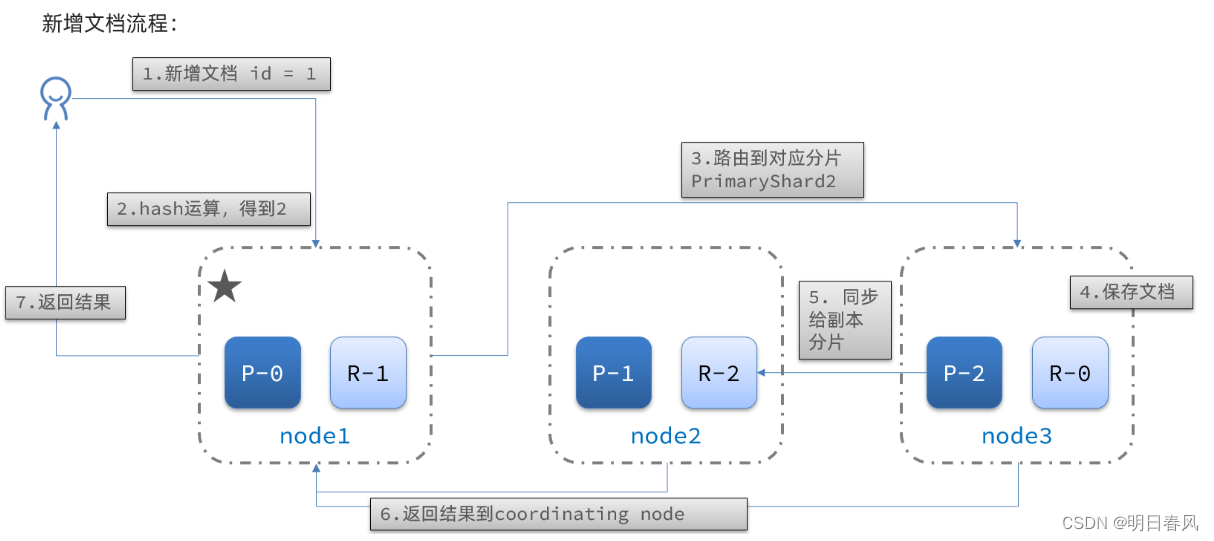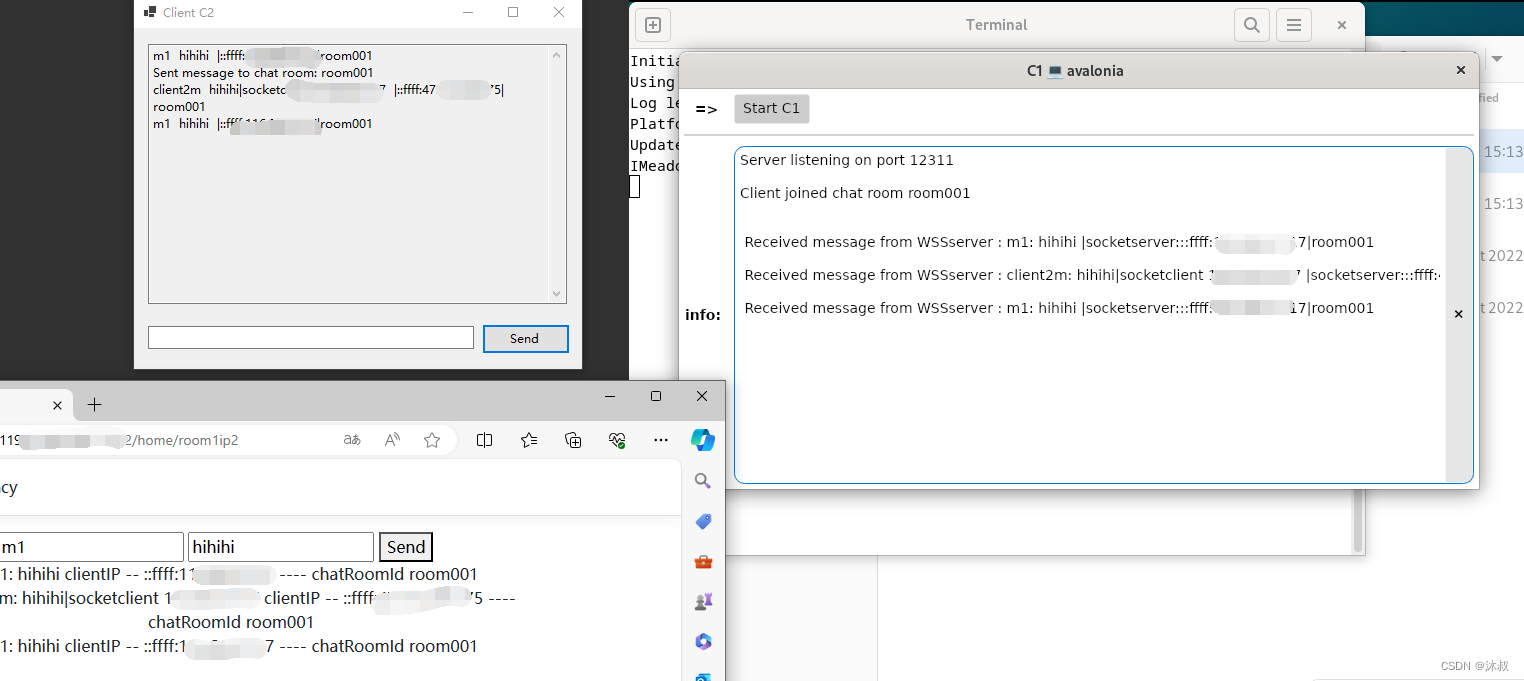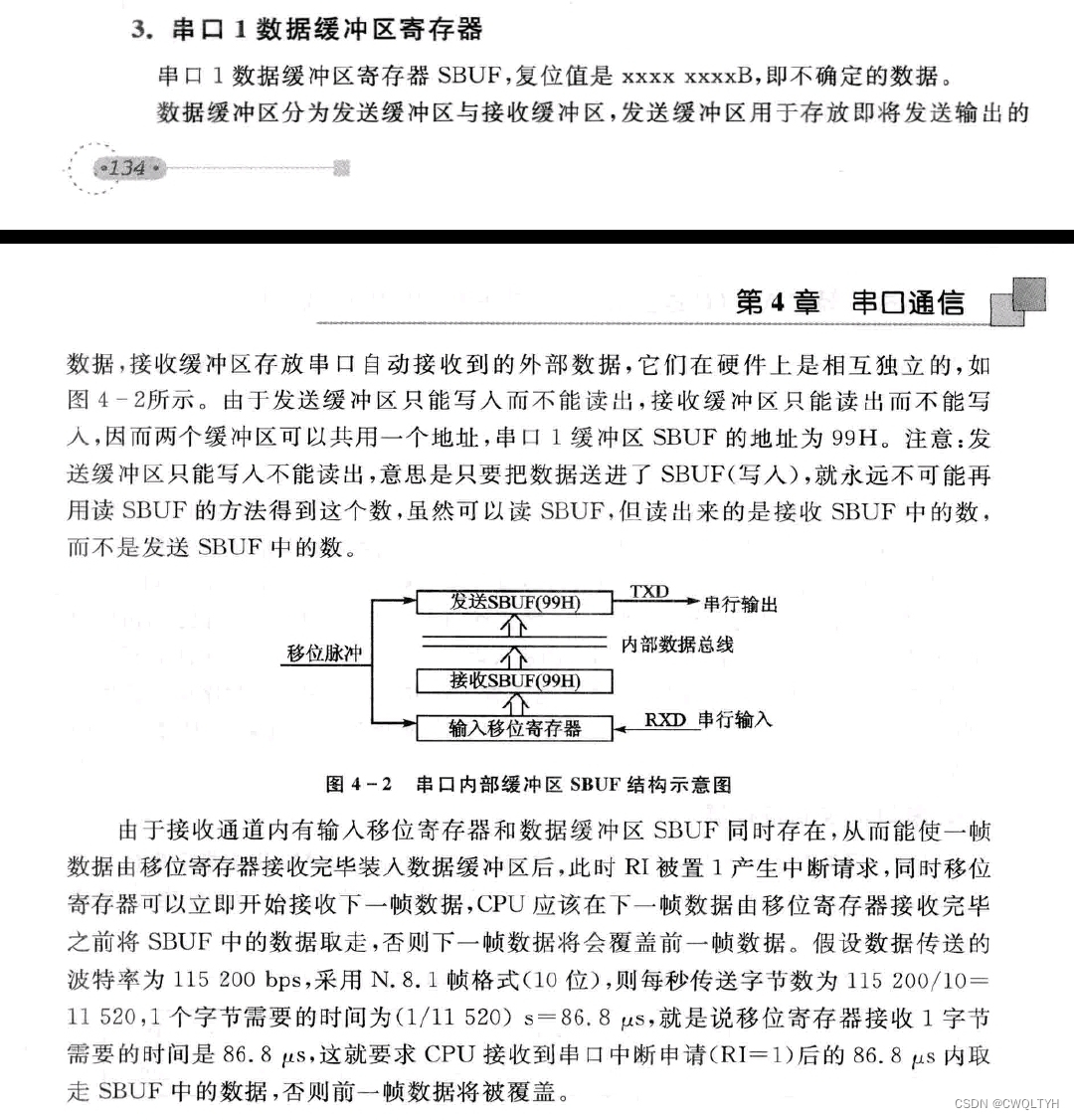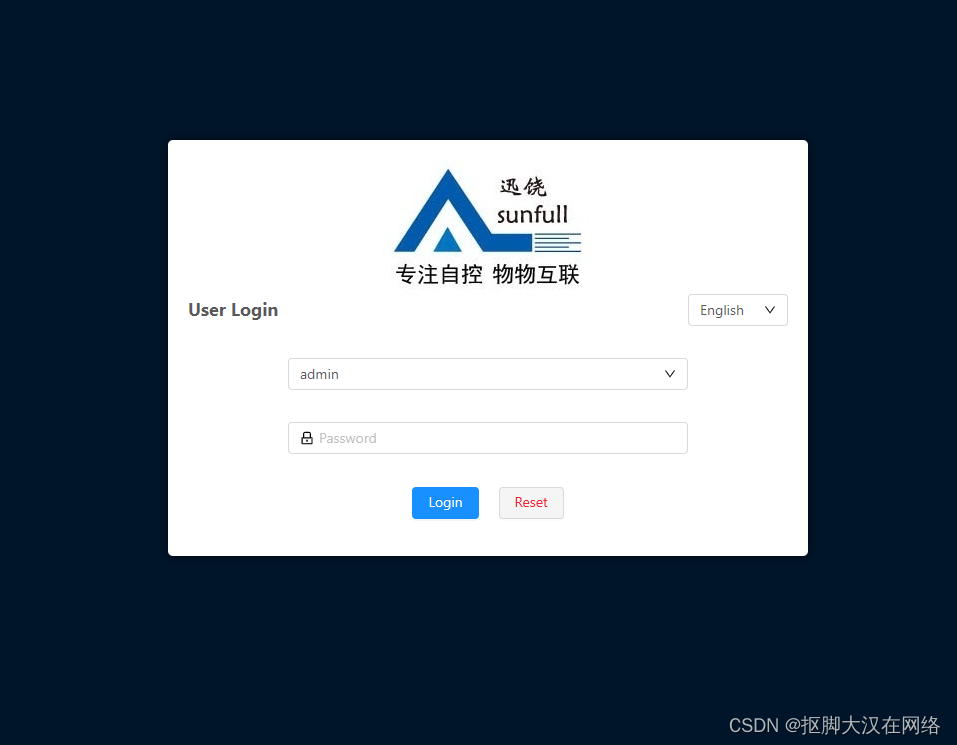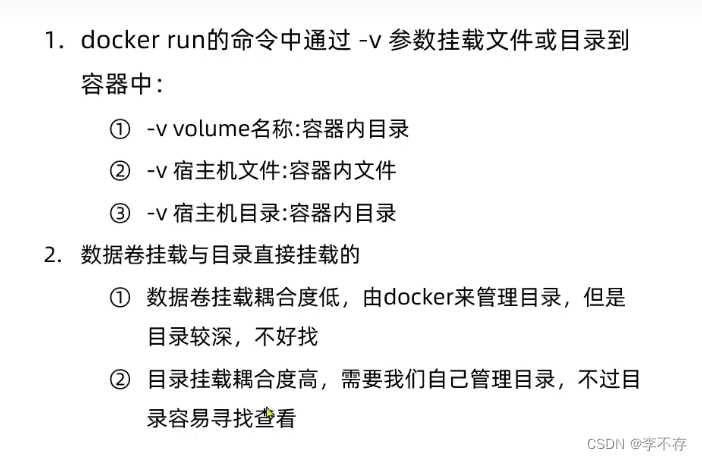一、nginx配置ip_hash负载均衡策略
nginx默认的负载均衡策略为轮询,某些场景需要使用ip_hash负载策略,即:同一个ip地址,永远访问nginx后面同一台tomcat。配置示例如下,主要是设置ip_hash:
upstream www.abc.com{ip_hash;server 202.119.11.23:8899;server 172.168.10.99:8899;server 202.119.11.121:8899;}二、配置后如何验证ip_hash有没有生效
1、需要打开nginx的access log查看请求来自哪个ip、访问哪个负载。
(1)首先,配置access日志格式;
(2)其次,打开access日志;
(3)验证后注意关闭access日志。
2、完整示例如下
#表示使用几个nginx线程,一般取值为cpu个数-1
worker_processes 1;#是否打开error日志,及error日志路径
error_log logs/error.log;#pid logs/nginx.pid;events {worker_connections 1024;
}http {include mime.types;default_type application/octet-stream;client_max_body_size 2048m;#access日志格式##$remote_addr:表示客户端ip##$time_local:表示记录日志的本地时间##$upstream_addr:表示负载到后端的哪台tomcat##$request_time:从接收到客户端请求到发送完响应给客户端所经过的时间,单位为秒##$status:表示响应码log_format log_custom '$remote_addr -- [$time_local] -- "$upstream_addr" -- $request_time -- $status -- "$request"';#开启access日志,log_custom表示指定日志格式。##注意:开始access日志方式是如下方式,并不是access_log on方式;关闭access日志方式是:access_log off;access_log logs/access.log log_custom;sendfile on;#tcp_nopush on;#keepalive_timeout 0;keepalive_timeout 65;#gzip on;upstream www.abc.com{ip_hash;server 202.119.11.23:8899;server 172.168.10.99:8899;server 202.119.11.121:8899;}server {listen 80;server_name localhost;location ^~ /api-base {proxy_http_version 1.1;proxy_redirect off;proxy_set_header Connection "";proxy_set_header Host $host;proxy_set_header X-Real-IP $remote_addr;proxy_set_header X-Forwarded-For $proxy_add_x_forwarded_for;proxy_pass http://www.abc.com;}}
}3、对应的日志效果

三、ip_hash算法对应的java代码示例
package com.nation.net;import java.net.InetAddress;
import java.util.Arrays;
import java.util.List;
import java.util.concurrent.atomic.AtomicInteger;/*** nginx ip_hash算法示例**/
public class IpHashLoadBalancer {private final List<String> servers;private final AtomicInteger currentIndex = new AtomicInteger(0);public IpHashLoadBalancer(List<String> servers) {this.servers = servers;}public String selectServer(String clientIp) {try {// 将客户端IP地址转换为字节数组byte[] ipBytes = InetAddress.getByName(clientIp).getAddress();// 使用MD5算法计算哈希值byte[] hashBytes = java.security.MessageDigest.getInstance("MD5").digest(ipBytes);// 将哈希值转换为正整数int hash = 0;for (byte b : hashBytes) {hash <<= 8;hash ^= (b & 0xFF);}// 使用哈希值选择服务器int serverIndex = Math.abs(hash) % servers.size();// 如果有必要,可以在这里实现一个轮询机制,使得下一次请求可能选择另一个服务器// currentIndex.incrementAndGet();// int serverIndex = currentIndex.getAndIncrement() % servers.size();return servers.get(serverIndex);} catch (Exception e) {e.printStackTrace();return null;}}public static void main(String[] args) {//负载地址List<String> servers = Arrays.asList("202.119.11.23","172.168.10.99","202.119.11.121");IpHashLoadBalancer loadBalancer = new IpHashLoadBalancer(servers);// 假设客户端IP地址String clientIp = "172.168.10.187";// 选择服务器String selectedServer = loadBalancer.selectServer(clientIp);System.out.println("Selected server: " + selectedServer);}
}

